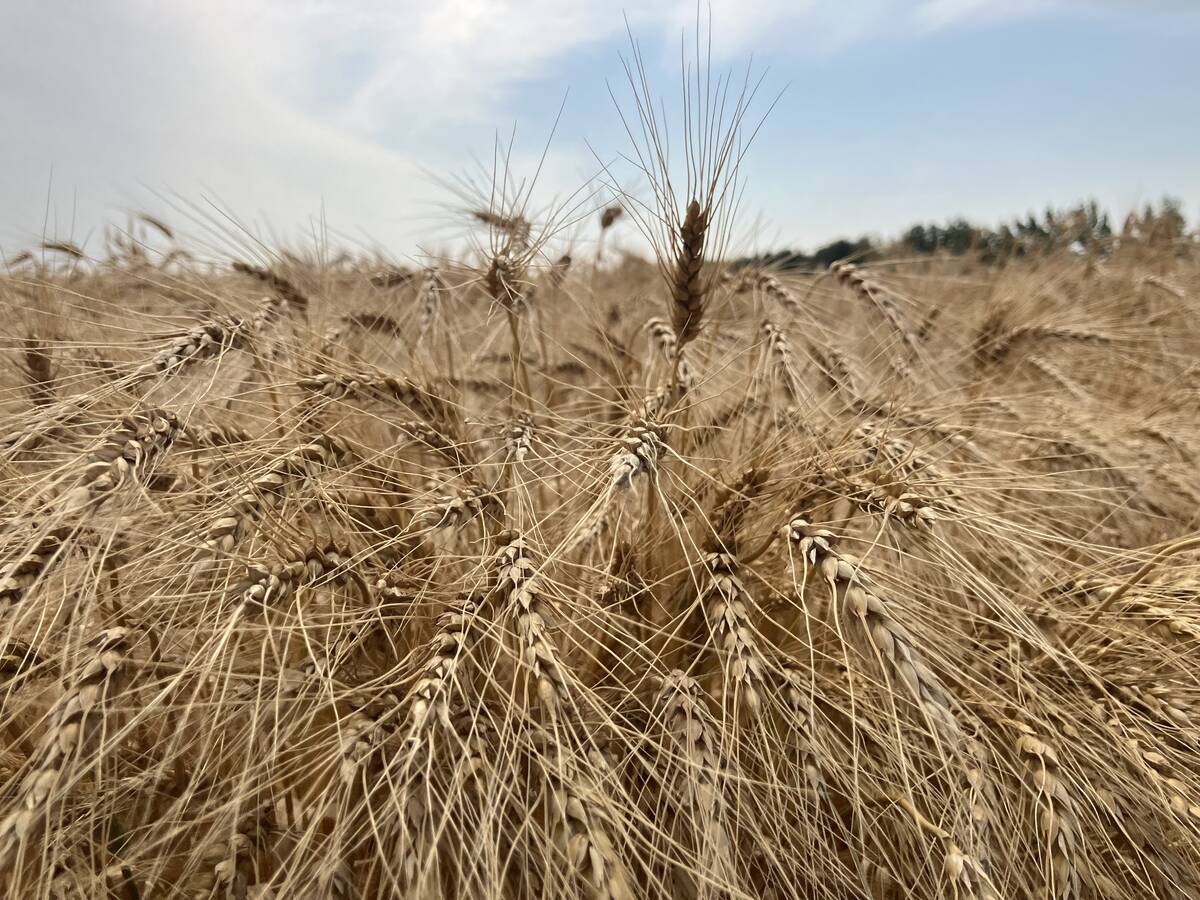On the eve of a federal-provincial ministers’ meeting that will have prairie flooding on the agenda, federal minister Gerry Ritz insists the situation is not as bleak as many assume.In a late June interview, the Saskatchewan MP predicted that available safety net programs will provide solid support and carryover of grain from last year will help provide cash flow for many farmers with seeding difficulties because of excess rain.He left little opening for program top-ups.“We always have a comprehensive discussion on the efficacy of programs,” Ritz said when asked if the wet weather would be an issue when ministers gather in Saskatoon next week. “Certainly we can point to the success we’ve had with the suite of programs we have. When we talk about expediting payments, it’s far easier to do that within the program suite that’s there because the parameters are already worked out.”Ritz defended the AgriRecovery program that will be one of the front line government responses.“I know there’s some angst out there, and I don’t share it, that somehow AgriRecovery is unprincipled, is an unknown,” he said.“I would point out the fact that we’ve used it successfully in a number of provinces and regions.”The minister also insisted that the AgriStability program will operate far more effectively than many people think, adding that it does not have a fixed budget but is based on demand. “If there’s a demand, they will pay.”The major criticism of the program is that because it is based on average historical margins, payments often are not triggered and if they are, payments are several years late.Multiple years of poor returns mean average margins are small, triggering payments is difficult and payouts are low. Ritz said that recent markets have helped fix that problem.“You have to recognize that grains and oilseeds and pulses have done exceptionally well over the last two or maybe three years, and we also drop off the five-year average the 2004 frost year, so that means the reference margins for these farm operations are up so that will trigger a larger payment than even a lot of farmers are thinking.”Ritz said recent meetings of federal, provincial and territorial ministers have been without the conflict and rancor that sometimes dominated talks in the past.“We all believe in farmers first, we know they’re at the base of the pyramid,” he said. “We also recognize the fact that farming must be based on the market and not on the mailbox. Having said that, we continue to work within the parameters of existing programming.”At the same time, he said ministers will continue early discussions on what revisions will be needed in the next generation of programs that take effect in 2013.Federal officials already have started national consultations on the shape of the next generation of farm programs.
Read Also

Prairie spring wheat looks like a bumper crop
Canada will likely set a new record for spring wheat yields this year, topping the previous mark of 54.1 bushels/acre – set in 2020
















